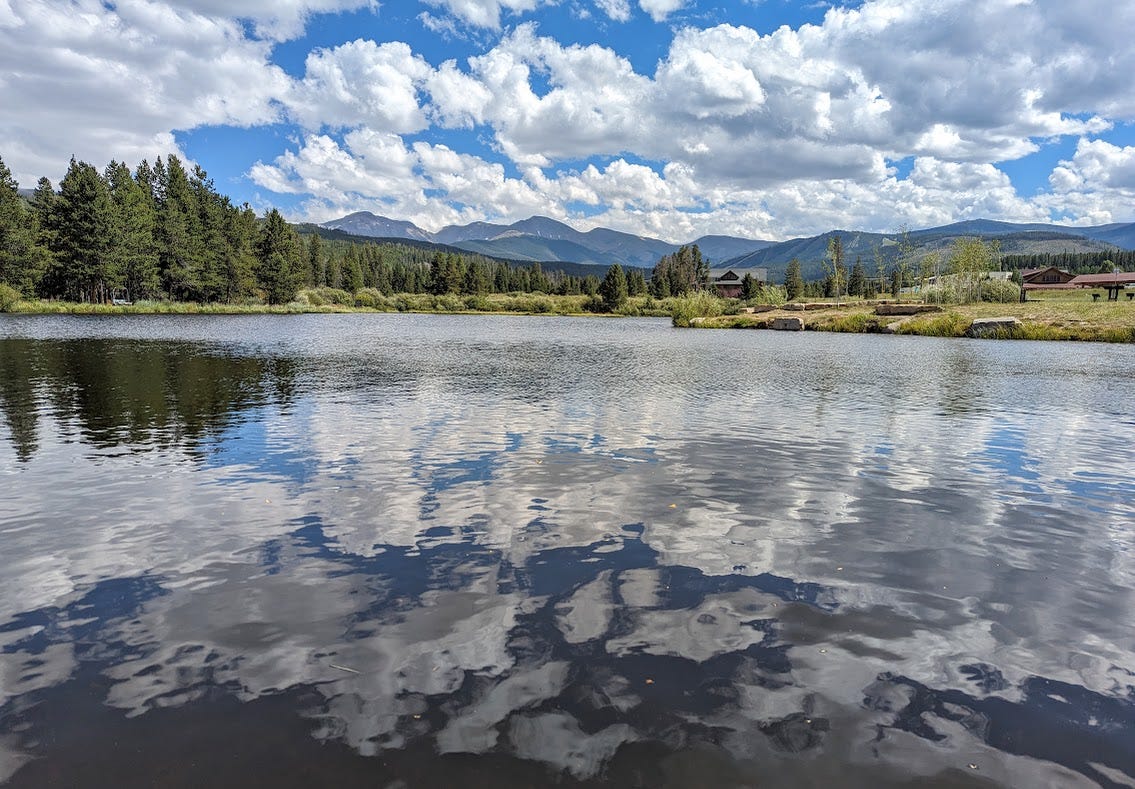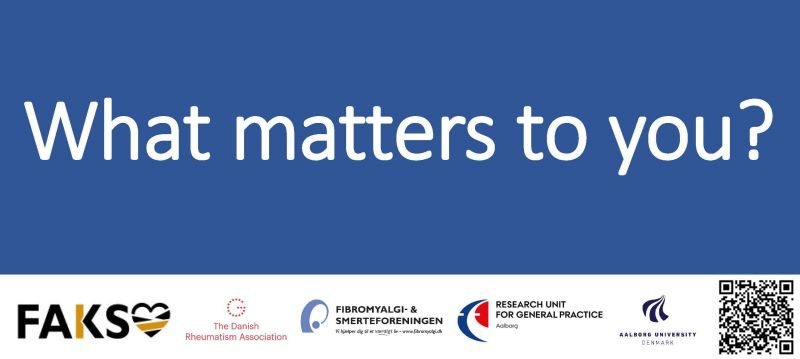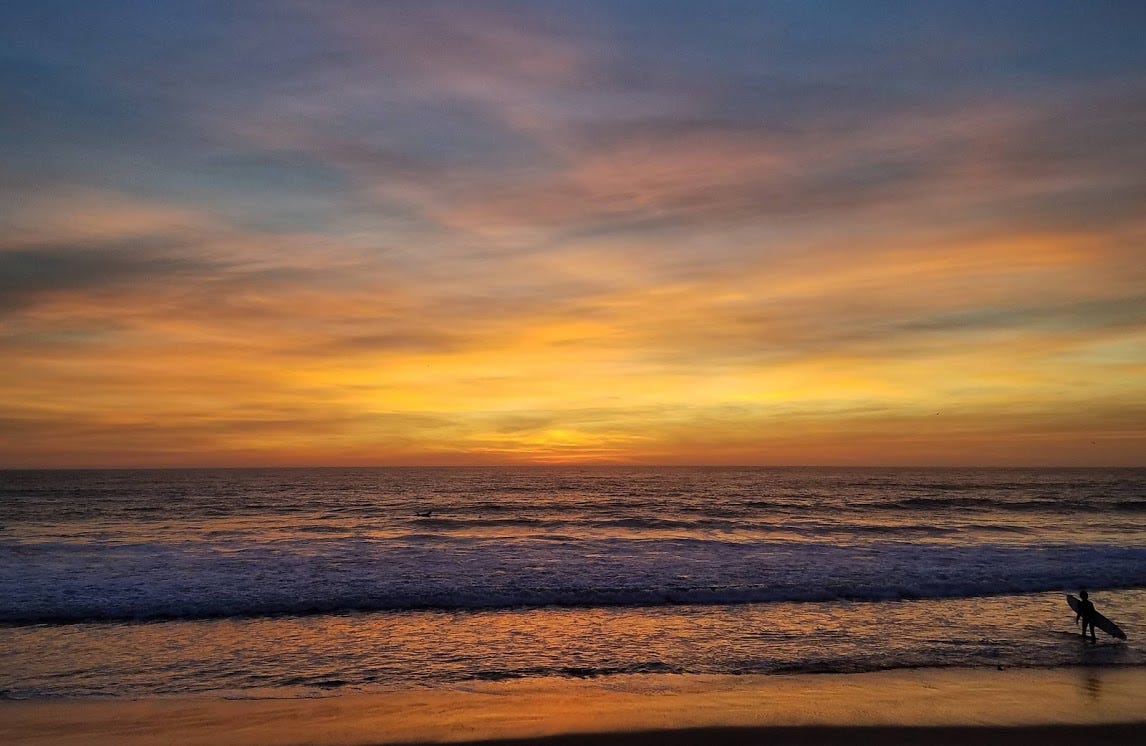Reflecting on Patient & Public Partnerships in Pain Research
Including an upcoming free PxP Conference, an opportunity to share what matters to YOU in pain research, and what it means to trust when it comes to pain and research
Hey folks! It’s been a minute. I’ve taken some much needed time off this summer. As all of you involved in advocacy work know, it can often be exhausting and demoralizing. I’ve had some rough experiences the past year. Some were absolutely soul crushing. You may have noticed I’d reached a breaking point in the my last post - Not Just Happy to Be Here. I needed a break to reflect on where I’ve been, where I’m at, where I want to go, and who I want to go there with.
What’s keeping me in the advocacy/activism game is that I’ve also had some amazing, soul-nourishing experiences during the last year. I’m so fortunate to work with many incredible folks who get it, who are also working their asses off to equitably integrate lived experience knowledge and insights into the work of pain. I haven’t had to endure the bullshit alone, far from it.
It’s because of all those amazing folks that, after a much needed break this summer, I’m feeling reenergized, renourished, and refocused. So rather than wallow in the gloom (cuz it’s not all doom and gloom - but damn that gloom can be all encompassing and overwhelming!), I’m gonna shine some light on a couple cool things I’m a part of in the patient and public partnership space.
PxP - Patient & Public Involvement resource hub and conference
There’s a new patient involvement in pain research hub in these internet streets! It’s called PxP, which stands for ‘For Patients, By Patients’, yet the Hub is for anyone and everyone with an interest in patient and public involvement in research. In September we’re launching our inaugural FREE conference, PXP: Partnering to Make Research Stronger. There’s an excellent line-up of speakers, including patient partners (in every session), pain researchers, knowledge mobilizers, and others. The steering committee, of which I was a member, was made up entirely of folks who’ve lived with pain and have some experience in the research arena as patient partners.
This is the first of what we hope will be many conferences, each with a different focus and new steering committee. In between conferences the PxP Hub will be our gathering place and will be regularly updated with information, resources, and links to patient and public partnership/involvement/engagement (it’s called so many things!) in the pain world.
Kicking off the inaugural PXP Conference on September 12th are Shoba Dawson and Angela Ruddock, who will be setting the scene for Partnering to Make Research Stronger from both researcher and patient partner perspectives. PxP will also have talks on mentorship, PPIE resources, self-research, challenges patient partners (and those who work with us) face, researcher perspectives on PPIE, patient/consumer-led research, collaborating with historically excluded peoples and populations, and amplifying outputs and impacts of research.
It’s gonna be awesome! And it’s all going to be recorded so if you can’t make it live no worries, you’ll still be able to check out all the sessions at your leisure. We’ll also be sharing resources and content throughout the year, with regular updates through our newsletter.
What matters to you in pain research?
Just about a year ago Chris Djurtoft and Michael Skovdal Rathleff of Aalborg University in Denmark reached out to me about a potential research project on outcome domains in chronic pain. We had an amazing conversation that went about twice as long as scheduled, and I became a patient partner on the project.
There are three patient partners on the team. We’ve been involved from very early stages and at every step along the way. It’s been an awesome experience as a patient partner, and I’m really excited about our current project, which aims to find out if current pain research actually reflects what matters to folks who live with pain or care for those who live with pain.
To be up front with my biases, I think pain research is missing a whole lot!
Of course, to find out if we’re researching what matters, we have to learn what matters. Our current survey is out now, and we are still looking for respondents if you’d like to have your say! This first step will lead to future work to narrow down what matters into ‘outcome domains’ that can be used in future research.
What really matters to people living with pain? What is your experience with pain like? Has it changed at all? How so? What has worked for you? What hasn’t? What might?
What really matters to those of you who care for someone with pain, whether you’re an informal caregiver, such as a partner, spouse, friend, family member, peer supporter, or neighbor, or a healthcare professional, such as a nurse, physician, physician assistant, physiotherapist, occupational therapist, chiropractor, psychologist, or social worker.
If you’re interested in helping us answer some of these questions and sharing what matters to you, here’s the survey in English and in Danish.
Trust
Two more things to share, and I’ll make it quick, before I get back to our regularly scheduled programming. Both are related to trust.
First up, I’m currently writing a piece with Ben Darlow on trust in the clinical encounter. The literature about trust and the therapeutic relationship is often about whether or not the patient trusts the clinician. Rarely do we talk about whether or not the clinician trusts the patient. Why is that? Do clinicians trust patients? Why or why not? What impacts does that have? Can/should clinicians be more trusting?
We want to know! We don’t have the answers but we do have some ideas to share and explore. I’d also love to hear your thoughts on this as we bring this piece together.
Also, can we trust pain evidence? What would lead us NOT to trust it? What would enhance trust? The ENTRUST-PE Network aims to find out, and to share what we learn about making pain research more trustworthy through the process.
We established this network, led by Neil O’Connell, in response to a recent call for proposals from the ERA-NET NEURON to fund networking groups that can tackle some of the challenges in chronic pain research. We have six pillars, one of which is Patient and Public Involvement and Engagement in pain research (that’s my pillar!). Lots will be forthcoming on this in the upcoming year. For a brief blurb, here’s a recent NEURON newsletter that includes the other groups funded as well (we’re on pg 7).
Speaking of that regularly scheduled programming…
I still have lots to talk about from the last San Diego Pain Summit on power, uncertainty, justice, equity, and all the things. I will also be sharing the stage with some amazing folks at the next San Diego Pain Summit. Check out the lineup - so many of my favorite pain peeps will be there! It’s also livestreamed if you can’t make it in person and still want to be there in-personish.
At SDPS I’ll be sharing the stage with Cass MacGregor to explore acceptance and the ecosystem framework she and her team, including some badass patient partners, developed. Cass also has a new paper out titled ‘Intersectionality as a theoretical framework for researching health inequities in chronic pain’, which we will bring into the mix. (Even cooler, Cass cowrote this paper with Jackie Walumbe, who will also be presenting at SDPS 2024 with another awesome human, Peter Stillwell. I can’t wait, personally).
I’ll also be sharing the stage with Melanie Noel during an interactive workshop on validation and pain. I recently moderated a session on trauma and pain at the Canadian Pain Society Annual Meeting, which was led by Mel. It was an incredible session, and I’ll be writing a future post on that as well. Mel also had my buddy Keith Meldrum and I do a pre-con retreat with her lab and collaborators on the lived experience of pain.
It was amazing. Rich, vulnerable, deep, insightful, often humorous, meaningful discussions that were soul-nourishing and life-giving! I wish we had more of that, and less death by powerpoint, at pain conferences (more on that later, too. We can do learning better!!).
Thanks for your patience
I didn’t plan to disappear for three months on these pages! Thanks for your patience and support. After my time off to reflect and recharge, coming back to these pages and this community was the thing I most looked forward to.
Please drop me a line if there’s anything in particular you want to see in this Stack!








